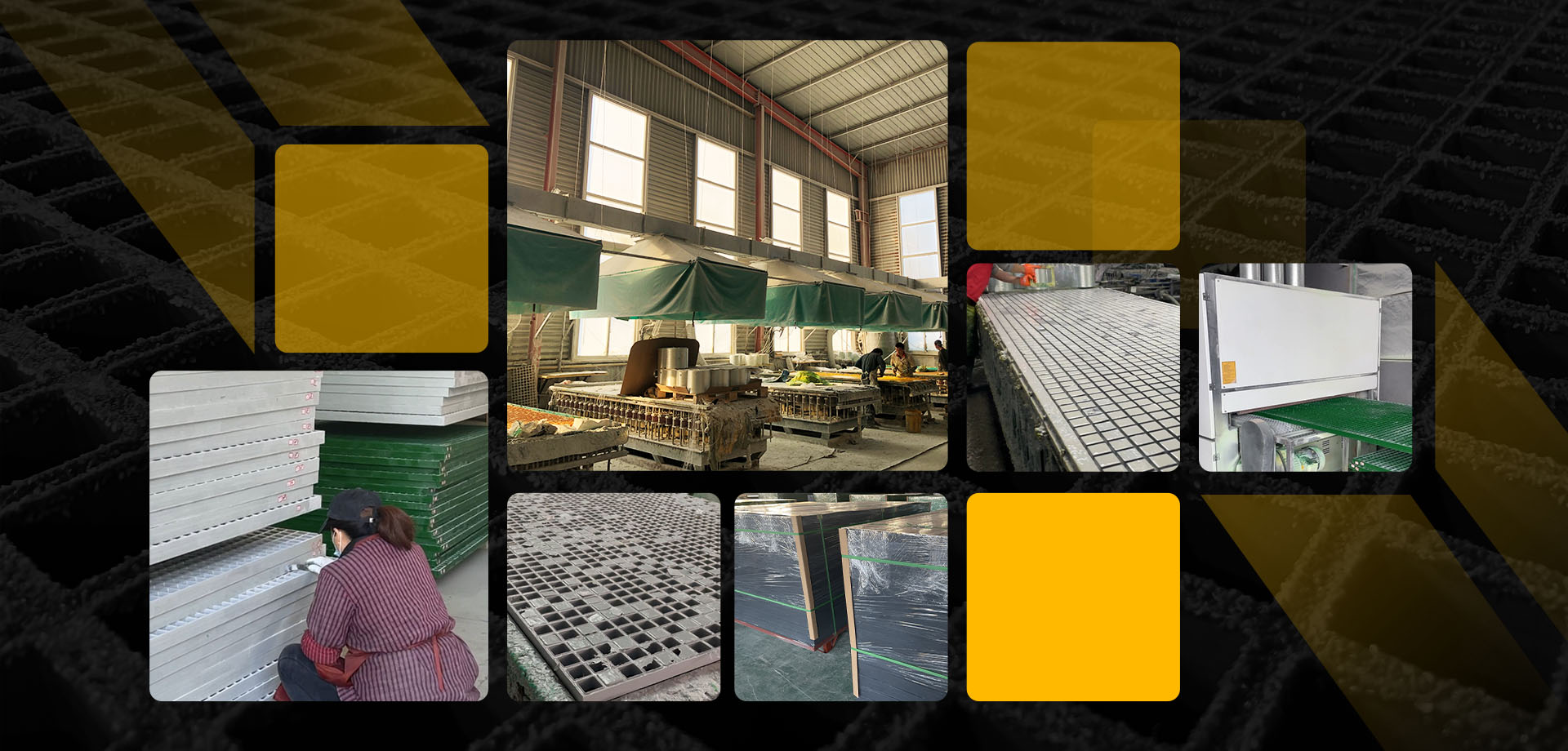loading...
- No. 9, Xingyuan South Street, Dongwaihuan Road, Zaoqiang County, Hengshui, Hebei, China
- admin@zjcomposites.com
- +86 15097380338
- Welcome to visit our website!
Innovations in FRP Pressure Vessel Tanks for Enhanced Durability and Performance
Understanding FRP Pressure Vessels Key Features and Applications
Fiber Reinforced Polymer (FRP) pressure vessels have gained significant traction in various industries due to their unique properties and capabilities. Composed of a polymer matrix reinforced with fibers, these vessels offer an attractive alternative to traditional materials such as steel and aluminum. This article delves into the features, benefits, and applications of FRP pressure vessels, highlighting their importance in modern engineering.
What is an FRP Pressure Vessel?
An FRP pressure vessel is a container designed to hold gases or liquids at a pressure substantially different from the ambient pressure. The construction typically involves a polymer resin matrix reinforced with fibers (such as glass, carbon, or aramid) that provides enhanced strength and durability. The manufacturing process often employs techniques like filament winding, pultrusion, or resin transfer molding to create lightweight, strong, and corrosion-resistant vessels.
Key Features of FRP Pressure Vessels
1. Corrosion Resistance One of the most significant advantages of FRP pressure vessels is their inherent resistance to corrosion. Unlike metallic vessels, which can succumb to rust and degradation from harsh chemicals, FRP can be tailored with specific resin systems to withstand aggressive environments, making them ideal for chemical storage and transport.
2. Lightweight The low density of FRP makes these vessels considerably lighter than their steel counterparts. This characteristic translates to lower transport costs and ease of handling during installation, often allowing for simpler infrastructure requirements.
3. High Strength-to-Weight Ratio Despite their lightweight nature, FRP pressure vessels exhibit a remarkable strength-to-weight ratio. This means they can withstand significant internal pressures without compromising structural integrity, making them suitable for high-pressure applications.
4. Thermal Insulation FRP offers excellent thermal insulation properties, which are essential for applications where temperature control is critical. This feature is particularly beneficial in industries such as food processing and pharmaceuticals, where precise temperature management is necessary.
frp pressure vessel tank

5. Design Flexibility The modular nature of FRP manufacturing techniques allows for versatile designs. Engineers can create vessels in various shapes and sizes, tailored to specific operational needs. This adaptability is a significant advantage in industries that require customized solutions.
Applications of FRP Pressure Vessels
1. Chemical Industry One of the primary applications for FRP pressure vessels is in the chemical sector, where corrosive substances are common. These vessels can safely store and transport acids, bases, and other reactive chemicals without the risk of corrosion, significantly enhancing safety and operational efficiency.
2. Water Treatment FRP pressure vessels are widely used in water treatment plants for storing chemicals, such as chlorine and coagulants. Their resistance to corrosion and ability to maintain structural integrity in harsh environments make them ideal for these applications.
3. Oil and Gas In the oil and gas industry, FRP vessels are utilized for storage and transportation of non-corrosive fluids. Their lightweight nature facilitates easier installation in remote locations, while their resistance to environmental degradation enhances their longevity.
4. Pharmaceuticals The pharmaceutical sector benefits from the thermal insulation and cleanliness of FRP vessels. These features ensure that the integrity of sensitive substances is maintained during storage and production processes.
5. Food and Beverage FRP pressure vessels are also used in the food and beverage industry, particularly for processes requiring strict hygiene standards. Their non-corrosive nature and design flexibility allow for safe, efficient storage and handling of food products.
Conclusion
FRP pressure vessels represent a significant advancement in materials science and engineering, integrating the benefits of lightweight design, corrosion resistance, and high strength. As industries continue to evolve and seek more efficient, safer solutions for handling pressurized liquids and gases, FRP vessels will undoubtedly play an increasingly vital role. Their versatility across various sectors, from chemicals to food processing, underscores their importance in modern industrial applications. Whether you are looking to enhance the efficiency of your production processes or ensure the safety of hazardous materials, FRP pressure vessels offer a compelling solution that meets the demands of today’s challenges.
-
The Rise of FRP Profiles: Strong, Lightweight, and Built to LastNewsJul.14,2025
-
SMC Panel Tanks: A Modern Water Storage Solution for All EnvironmentsNewsJul.14,2025
-
GRP Grating: A Modern Solution for Safe and Durable Access SystemsNewsJul.14,2025
-
Galvanized Steel Water Tanks: Durable, Reliable, and Ready for UseNewsJul.14,2025
-
FRP Mini Mesh Grating: The Safer, Smarter Flooring SolutionNewsJul.14,2025
-
Exploring FRP Vessels: Durable Solutions for Modern Fluid HandlingNewsJul.14,2025
-
GRP Structures: The Future of Lightweight, High-Performance EngineeringNewsJun.20,2025
